The Consumer Financial Protection Bureau (CFPB), armed with regulatory authority over the national reverse mortgage industry, is not adequately utilizing its power to guide consumers through the complexities of obtaining a reverse mortgage loan, according to Jack Guttentag, known as the “Mortgage Professor,” in a recent column for Forbes. Guttentag specifically urges the CFPB to take a more proactive role in educating the public about Federal Housing Administration (FHA)-insured Home Equity Conversion Mortgages (HECMs).
While acknowledging that the CFPB does a commendable job explaining the intricate legal structure of HECMs, Guttentag contends that it falls short in assisting consumers in navigating the market effectively to avoid overpaying and selecting the most advantageous options.
Guttentag highlights this issue by posing several questions that potential borrowers might have when shopping for reverse mortgages. These questions pertain to how consumers can compare HECMs, identify lenders offering the best terms, and determine which lenders provide the largest cash draws or prepayment options.
According to Guttentag, the CFPB’s responses to these questions are consistently unhelpful, stating, “No results found” for each query. He argues that these questions are answerable within the CFPB’s role as a federal agency dedicated to consumer welfare while remaining fair to lenders.
Guttentag offers four recommendations to enhance the CFPB’s role in educating borrowers about reverse mortgage transactions. These include gathering required pricing information from participating lenders and collecting essential consumer details such as age, spouse’s age, property value, and mortgage balance.
Furthermore, he emphasizes that the CFPB possesses the authority to provide consumers with additional information that they currently lack. This information would include comparisons between lenders regarding initial interest rates, origination fees, initial credit lines, estimated credit lines after ten years, and projected HECM debts after ten years.
Guttentag notes that since HECM prices encompass both initial interest rates and origination fees, it is crucial to offer consumers access to estimated future HECM debt for each option when comparing payment options from different lenders.
Recently, the CFPB published a list of the top 10 reverse mortgage lenders in the industry for 2022 based on data from the Home Mortgage Disclosure Act (HMDA).

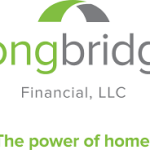




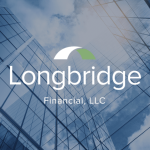
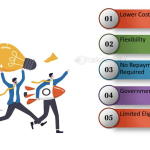

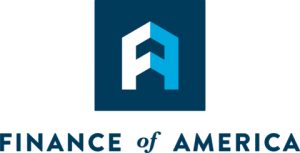
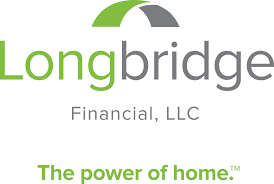






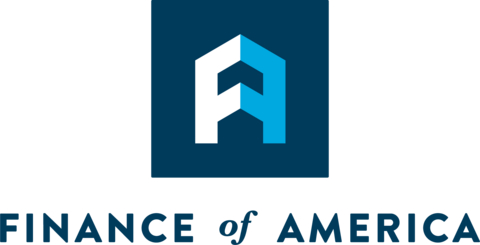


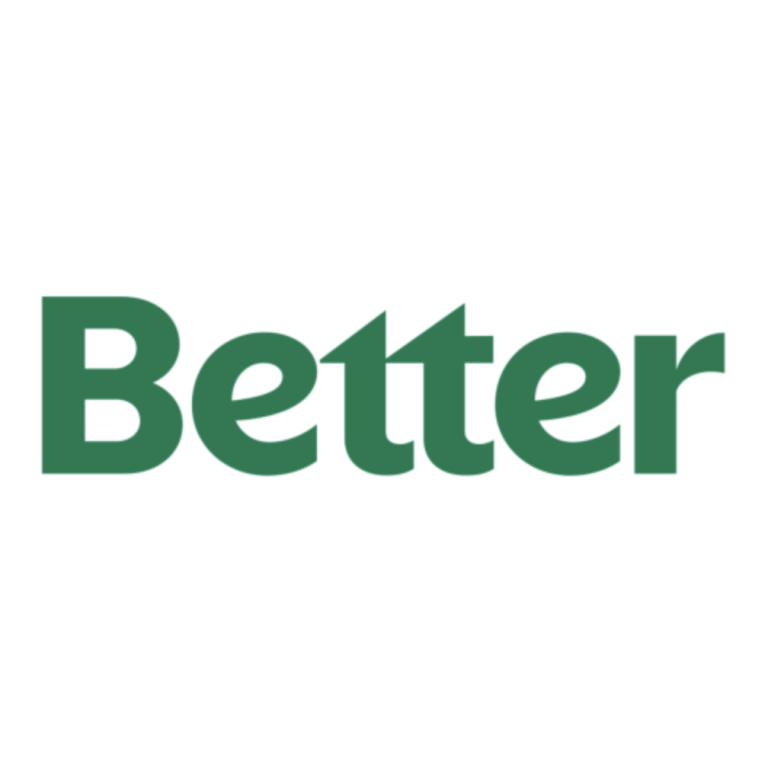
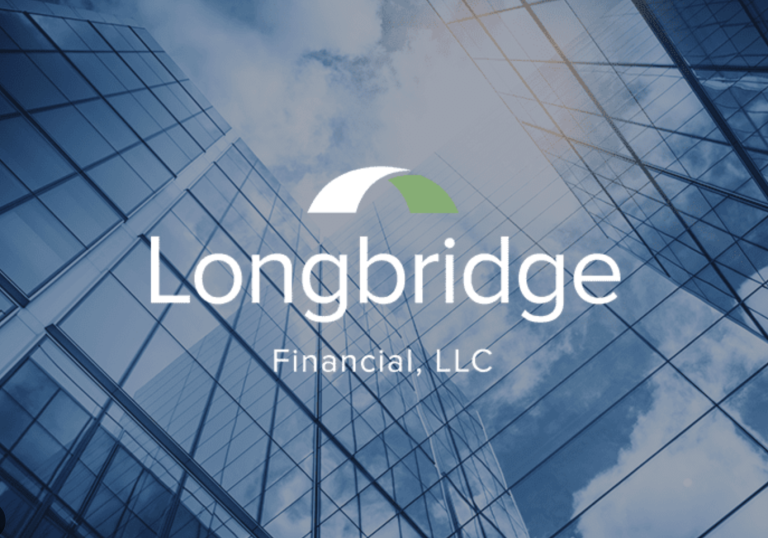
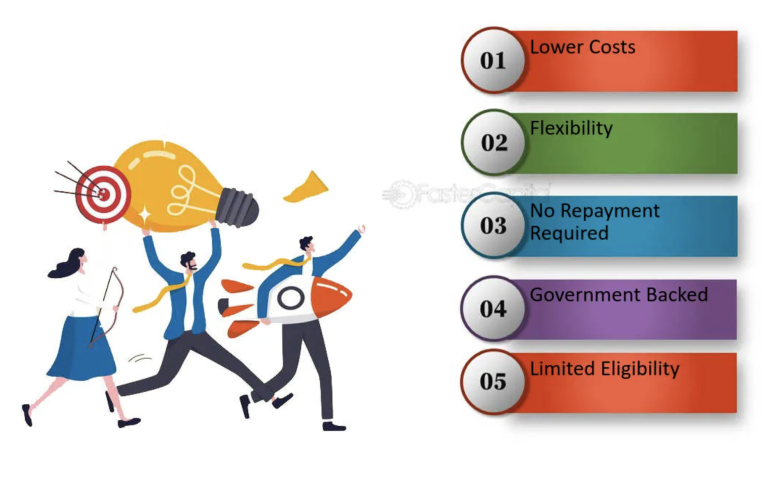
+ There are no comments
Add yours